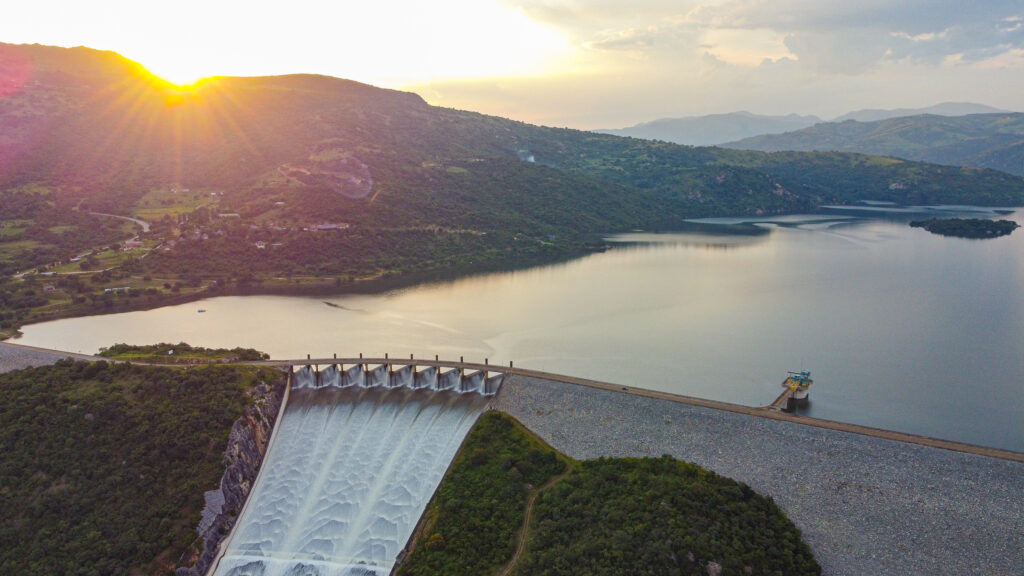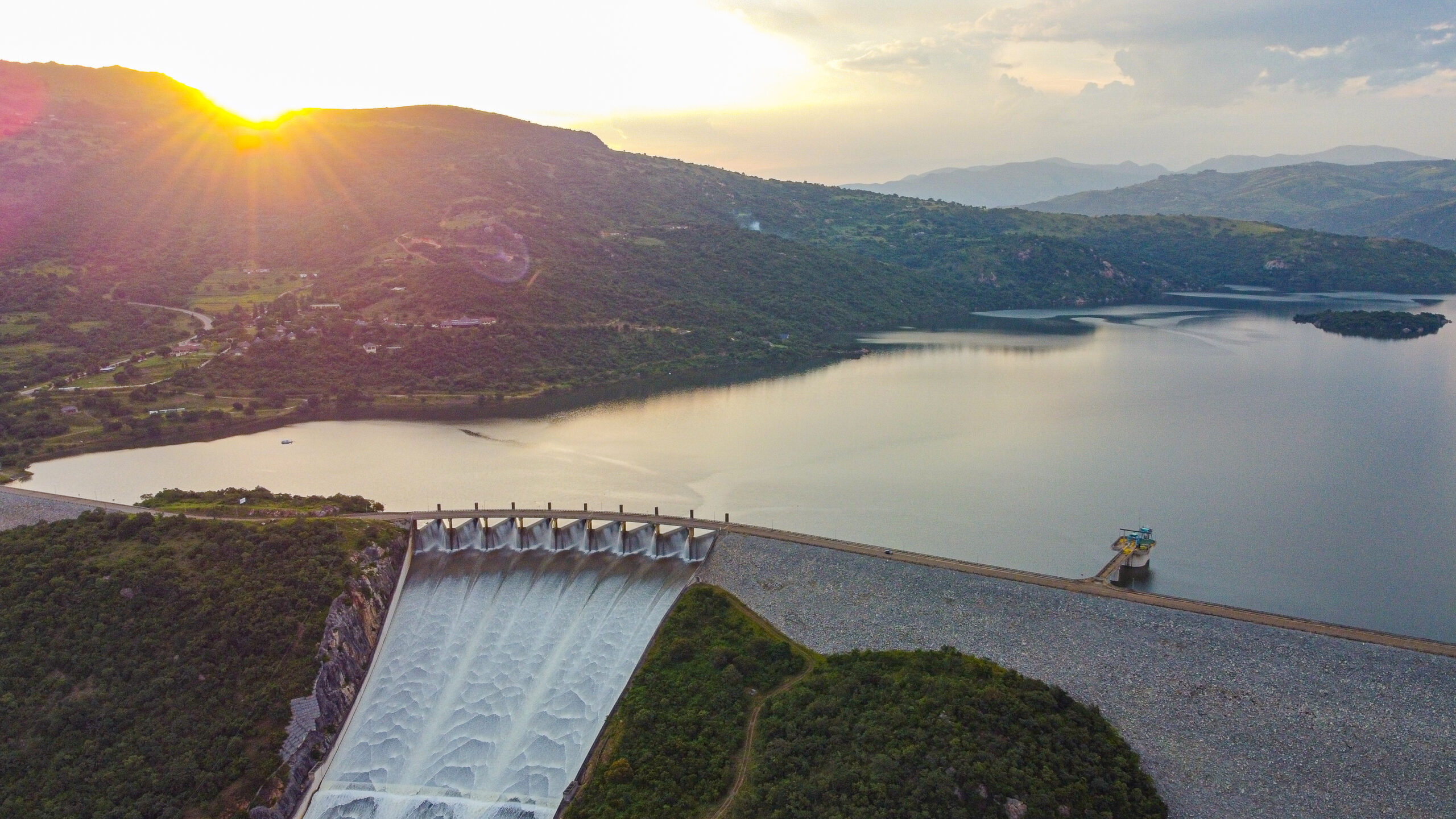
By Phephile Motau
Besieged by infrastructure damage, and job losses as a result of sporadic attacks on companies, the country is being thrown an E6 billion lifeline.
Despite the ongoing terrorism-linked attacks by pseudo-organisations such as the so-called Swaziland International Solidarity Forces (SISF), the country continues to attract investments to bolster job creation.
The government and the African Development Bank (AFDB) identified eight projects worth over E6 billion to be funded between now and 2024. This was revealed in the mid-term report on the implementation of the Bank’s 2020-2024 Country Strategy Paper (CSP) for Eswatini and the 2022 country portfolio performance. The Bank and the government have identified eight operations with a total value of about E6.4 billion (UA288.93 million) to be approved during the remaining CSP period which will be until 2024.
The projects include one operation in agriculture, two technical assistances, two operations in transport, a water and sanitation project, and a programmatic Policy Based Operation. The bank said discussions on the energy sector were ongoing.
The revelations come on the backdrop of two protest-filled days that had a severe impact on the economy of the country. The country came to a standstill on Tuesday when protesters marched to ‘demand’ the release of arrested Members of Parliament Bacede Mabuza and Mthandeni Dube.
While shops were closed and people intimidated, the terrorist group that is masquerading as freedom fighters escalated its attacks and torched Pigg’s Peak Rocklands. The damage is reported to be in the millions following the burning of its forests and truck.
Acting Prime Minister Themba Masuku said the protests in the country associated with the unrest have led to 5 000 jobs being lost and R3 billion in damages since 2021. An estimated 1 000 small businesses were also affected. According to the World Bank, poverty levels have stagnated at high levels in the last five years, with 36.1% of the population of 1.2 million estimated to have been living under the international $2.15 poverty line.
The country was on the correct trajectory to recover when the economy had a strong rebound in 2021, with real GDP growth estimated at 7.9 per cent, up from a 1.6 per cent contraction in 2020. The easing of lockdown measures in 2021 supported export-oriented sectors, as well as the robust recovery in external demand in key destination markets.
However, all that was eroded by the political unrest in June/July 2021 which resulted in the destruction of physical assets, theft of inventory, and constrained operational hours. Inflationary pressures picked up during 2022Q2, mainly driven by food and transport costs and a depreciating local currency. Annual inflation averaged 4.2% in 2022Q2, higher than 3.2 per cent in 2022Q1 and 3.7 per cent in 2021Q2; it continued on an upward trend as it increased to 5.8 per cent in August 2022 from 5.4 per cent in July 2022.
Despite these negligent and narrow-minded actions of people associated with the SISF, plans remain afoot to improve the socio-economic standards of emaSwati.
To make this a possibility, the AfDB will also provide technical assistance on procurement, gender, and state-owned enterprises (SOEs) reform. The Bank said it would also continue to promote co-financing, syndication, and project implementation with other development partners.
“Development partners, including OFID and the European Union, have expressed interest to co-finance ongoing and potential projects in the agriculture, water and sanitation, and energy sectors. The Bank will continue to generate policy-relevant knowledge products to inform policy dialogue on contemporary issues on growth, domestic resource mobilization, and private sector development,” the bank said.
The bank said dialogue between the two parties would continue to focus on key policy reform areas including strengthening Public Finance Management (PFM), SOE reforms, procurement, and macroeconomic management. It will also include the implementation of ongoing as well as planned lending and nonlending operations. The AfDB further added that it would continue encouraging Eswatini to seek financing for high-value infrastructure projects through initiatives such as the Africa 50 Infrastructure Fund and the Africa Investment Forum which can catalyse complementary resources for the country.
The bank announced that the Board of Directors AfDB Group approved the mid-term report on the implementation of the Bank’s 2020-2024 CSP for Eswatini and the 2022 country portfolio performance.
“The review assessed the extent to which the objectives and expected outcomes of the bank’s strategy and captured lessons learned at mid-term of the CSP, while determining the continued relevance of the CSP priority areas for the remaining implementation period. The Bank’s portfolio performance in Eswatini was rated three on a scale of one to four, with one being ‘Very Unsatisfactory’ and four being ‘Very Satisfactory’,” the bank said.
The bank explained that approved by its Group’s Boards of Directors in February 2020, the Eswatini 2020-2024 CSP focused on two priorities: which was scaling-up infrastructure investments to promote economic diversification; and strengthening economic governance to improve the investment climate.
“These align with the Bank’s 10-year strategy and its High 5 operational priorities. The strategy is also aligned with Eswatini’s national development priorities. The mid-term report was prepared following extensive consultations with the government, private sector, civil society, and development partners,” the bank said.
It was stated that as of August 31, 2022, the Bank’s active portfolio in Eswatini comprised 12 operations (eight projects, one line of credit, one study and two technical assistance projects). Total commitments amounted to about E7,8 billion ($441.02 million), up from over E3.5 billion ($221.85 million) in 2020. The portfolio covers the agriculture, transport, water and sanitation, multi-sector, and finance sectors.






